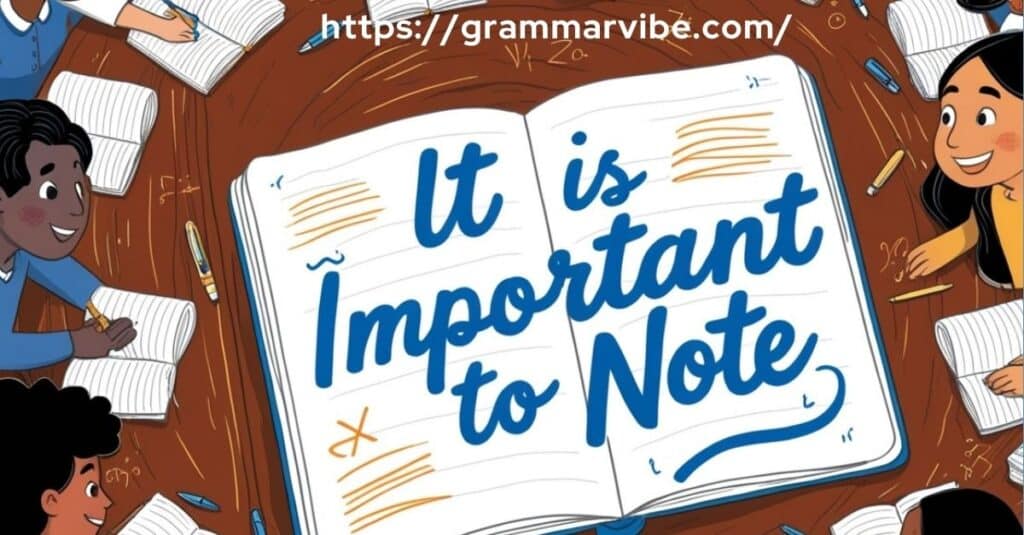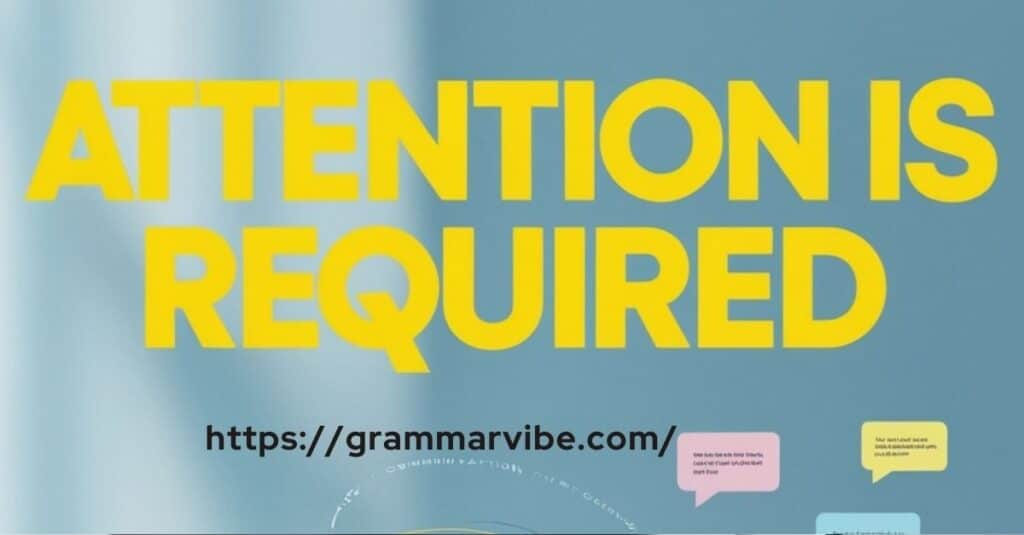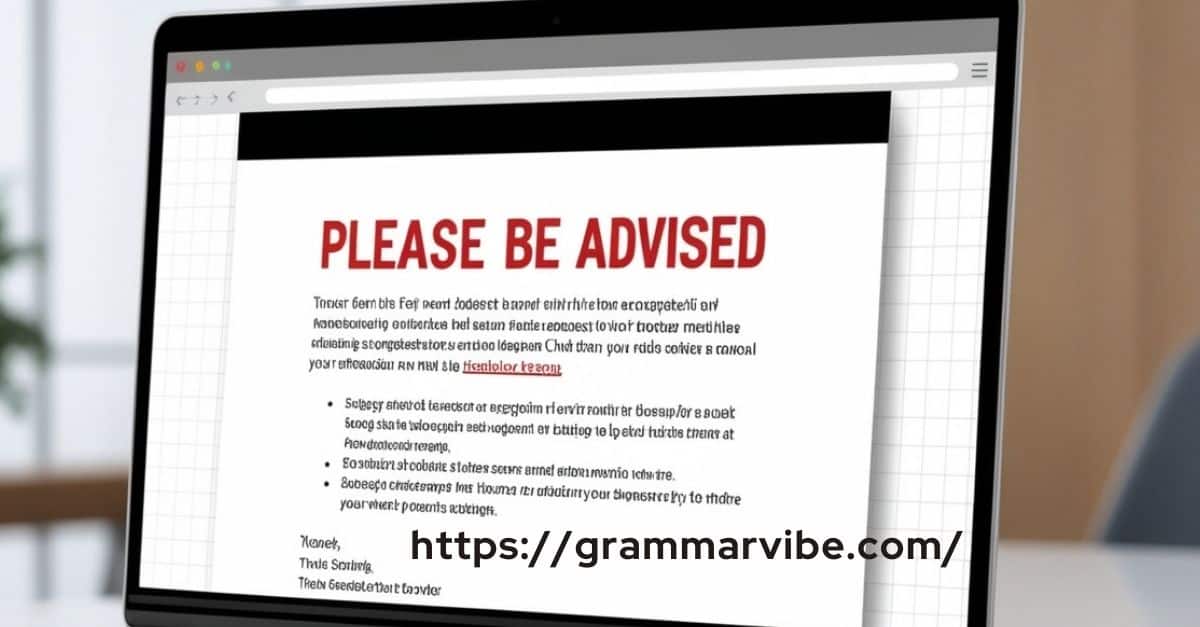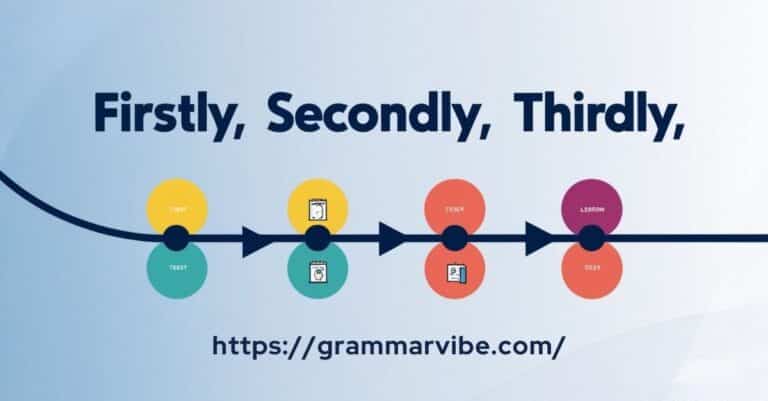In professional communication, the phrase “Please be advised” in an email often serves as a signal to the recipient that important information follows. While it is functional and polite, overusing this phrase can make your emails sound repetitive and stale. In today’s fast-paced work environment, it’s crucial to keep workplace communication both fresh and clear.
Luckily, there are plenty of alternative phrases of “Please be advised” in an email to convey the same message without sounding overly formal or robotic. Whether you’re drafting a formal email to a client, updating colleagues on a project, or informing a supervisor about an important change, it’s essential to vary your language to maintain a polite tone and ensure clear communication. Below are alternative phrases of “Please be advised” in an email.
1. Kindly Note
A simple, yet polite way to convey the same information. “Kindly note” maintains a professional tone but doesn’t come across as too formal or commanding.
Usage Example:
Subject: Office Closure for Public Holiday
Dear Sarah,
Kindly note that the office will be closed next Friday in observance of the national holiday. Please plan your work accordingly.
Best regards,
James
In this case, “kindly note” softens the request and keeps the email professional yet polite.
2. Please Take Note
“Please take note” is another formal language option, slightly more direct than “kindly note.” This phrase works well when conveying important updates that the recipient must remember.
Usage Example:
Subject: New Deadline for Report Submission
Hello Michael,
Please take note that the report deadline has been moved to the 15th of this month. We appreciate your prompt attention to this matter.
Best regards,
Lisa
“Please take note” emphasizes the importance of the change, making it suitable for situations that require the recipient’s immediate attention.
3. For Your Information (FYI)
“For your information” (or simply FYI) is a less formal option that is ideal for sharing updates that don’t necessarily require an action from the recipient, but are important to know.
Usage Example:
Subject: Meeting Rescheduled
Dear Team,
FYI, the department meeting originally scheduled for Tuesday has been postponed to next Thursday at 2:00 PM.
Thanks,
Mark
This phrase works best when you want to keep things informal communication while still maintaining clarity.
You might also like: 15 Other Ways to Say “How Was Your Day?”
4. Please Be Informed
It is a formal email phrase that is typically used to share official notices, especially in more authoritative communication.
Usage Example:
Subject: Changes to HR Policies
Dear Jane,
Please be informed that the HR department has updated its vacation policy. You can find the revised guidelines in the employee handbook.
Sincerely,
David
This phrase is appropriate for formal situations where the recipient must acknowledge important updates.
5. It Is Important to Note

When the information is crucial and requires careful attention, this phrase helps to emphasize the significance of the message.
Usage Example:
Subject: New Safety Procedures
Dear All,
It is important to note that the new safety procedures must be followed starting this week to ensure compliance with company policy.
Regards,
Sophia
6. Please Take into Consideration
This alternative phrase softens the communication while still urging the recipient to think about the information. It’s often used when offering advice or suggesting something.
Usage Example:
Subject: New Budget Guidelines
Hello Alex,
Please take into consideration the revised budget limits when submitting your department’s financial reports this month.
Best,
Maria
This phrase is ideal for when you want to guide someone’s decision-making process without being too forceful.
More for you: 15 Other Ways to Say “I Hope Everything Is Going Well”
7. We Would Like to Inform You
“We would like to inform you” is a great choice for professional communication. It’s both formal and polite, making it suitable for announcements or updates that require attention.
Usage Example:
Subject: Office Relocation
Dear John,
We would like to inform you that our office will be relocating to a new address next month. Please refer to the attached document for details.
Best regards,
Tom
This phrase is suitable for business announcements or work communication that requires formality.
8. Please Note the Following
“Please note the following” works well when you need to outline several key pieces of information or changes.
Usage Example:
Subject: Changes in Work Schedule
Dear Team,
Please note the following changes to the work schedule starting next week:
- Monday meetings will now be held at 10:00 AM.
- The Friday deadline has been extended by two days.
Regards,
Alice
This phrase is effective for breaking down important updates or listing multiple details in a clear manner.
9. We Would Like to Draw Your Attention
This phrase is particularly useful when you want to make sure the recipient pays attention to specific details.
Usage Example:
Subject: New Compliance Regulations
Dear Robert,
We would like to draw your attention to the new compliance regulations that will take effect next quarter. Please review the attached document for further details.
Best regards,
Nina
This approach highlights the importance of the upcoming change in a professional tone.
Check out this: 15 Other Ways to Say “Stay Tuned”
10. Be Aware That
A straightforward way to bring attention to important information, “be aware that” signals that the reader needs to be mindful of a particular issue.
Usage Example:
Subject: Updated Holiday Schedule
Hello Karen,
Be aware that the holiday schedule has been adjusted, and certain days have been marked as mandatory leave. Please check the new calendar.
Best,
Lena
This phrase is ideal for sending important updates where awareness is crucial.
11. We Wish to Advise You
“We wish to advise you” is often used in more formal contexts when offering advice or guidance. It’s slightly softer than “we would like to inform you,” but still conveys seriousness.
Usage Example:
Subject: Policy Update
Dear Michael,
We wish to advise you that the company’s internet usage policy has been updated. Please familiarize yourself with the new guidelines.
Sincerely,
Rita
12. Please Be Notified
“Please be notified” is a direct and formal way to bring attention to an important piece of information.
Usage Example:
Subject: Upcoming Maintenance
Dear All,
Please be notified that the website will be down for scheduled maintenance this Saturday from 10:00 AM to 2:00 PM.
Best,
Peter
This phrase is perfect for conveying important information in a clear and direct manner.
For your interest: 15 Other Ways to Say “For the First Time”
13. You Are Requested to Note
This phrase is formal and requests that the recipient takes note of the information being shared. It’s used in professional settings when instructions or actions need to be acknowledged.
Usage Example:
Subject: New Reporting Guidelines
Dear Tom,
You are requested to note the updated reporting guidelines, which are now available on the intranet.
Regards,
James
This phrase has a formal tone and is often seen in workplace communication when official instructions are being issued.
14. Attention Is Required

When you need to highlight that something is urgent, “attention is required” is a strong, commanding phrase. It signals that immediate attention is needed.
Usage Example:
Subject: Immediate Action Required
Dear Sarah,
Attention is required regarding the attached report, which needs to be reviewed and submitted by the end of the day.
Best regards,
David
This phrase is perfect for situations where important updates demand quick action.
15. Please Consider the Following
“Please consider the following” is a polite, slightly softer way to introduce points that require thought or attention. It works well when making suggestions or providing options.
Usage Example:
Subject: Upcoming Conference
Hello Alex,
Please consider the following recommendations for the upcoming conference:
- Attend the networking event on Friday evening.
- Review the speaker lineup for key industry trends.
Best,
Samantha
This phrase works well for more informal communication or providing advice in business correspondence.
Summary Table of Alternative Phrases of “Please be advised” in an email
| Alternative Phrase | Tone | Context |
|---|---|---|
| Kindly Note | Polite, Neutral | General workplace updates |
| Please Take Note | Direct, Formal | Changes that need immediate attention |
| For Your Information (FYI) | Casual, Informal | Non-urgent information |
| Please Be Informed | Formal, Authoritative | Official notifications |
| It Is Important to Note | Emphatic, Formal | Important or critical information |
| Please Take Into Consideration | Suggestive | Advice or recommendations |
| We Would Like to Inform You | Formal, Neutral | Updates or announcements |
| Please Note the Following | Formal, Directive | Multiple key points |
| We Would Like to Draw Your Attention | Formal, Emphatic | Critical details that need focus |
| Be Aware That | Direct, Informative | Important updates |
| We Wish to Advise You | Formal, Advisory | Offering professional advice |
| Please Be Notified | Direct, Formal |
Conclusion
Using different professional email phrases like “Please be advised” in an email can help keep your communication fresh and clear. Each phrase serves a unique purpose depending on the context, whether you’re giving advice, sharing updates, or making a formal announcement.
By varying your language and using alternatives of “Please be advised” in an email can make your formal emails sound more natural and engaging. Choose the right phrase to match the tone and purpose of your message for better clear communication and more effective professional relationships.

Kyren Paul is an experienced blogger and the creative mind behind “Grammar Vibe.” With a passion for the nuances of English grammar, he brings clarity and insight to everyday language topics, making grammar accessible and engaging for readers of all levels.











Leave a Comment